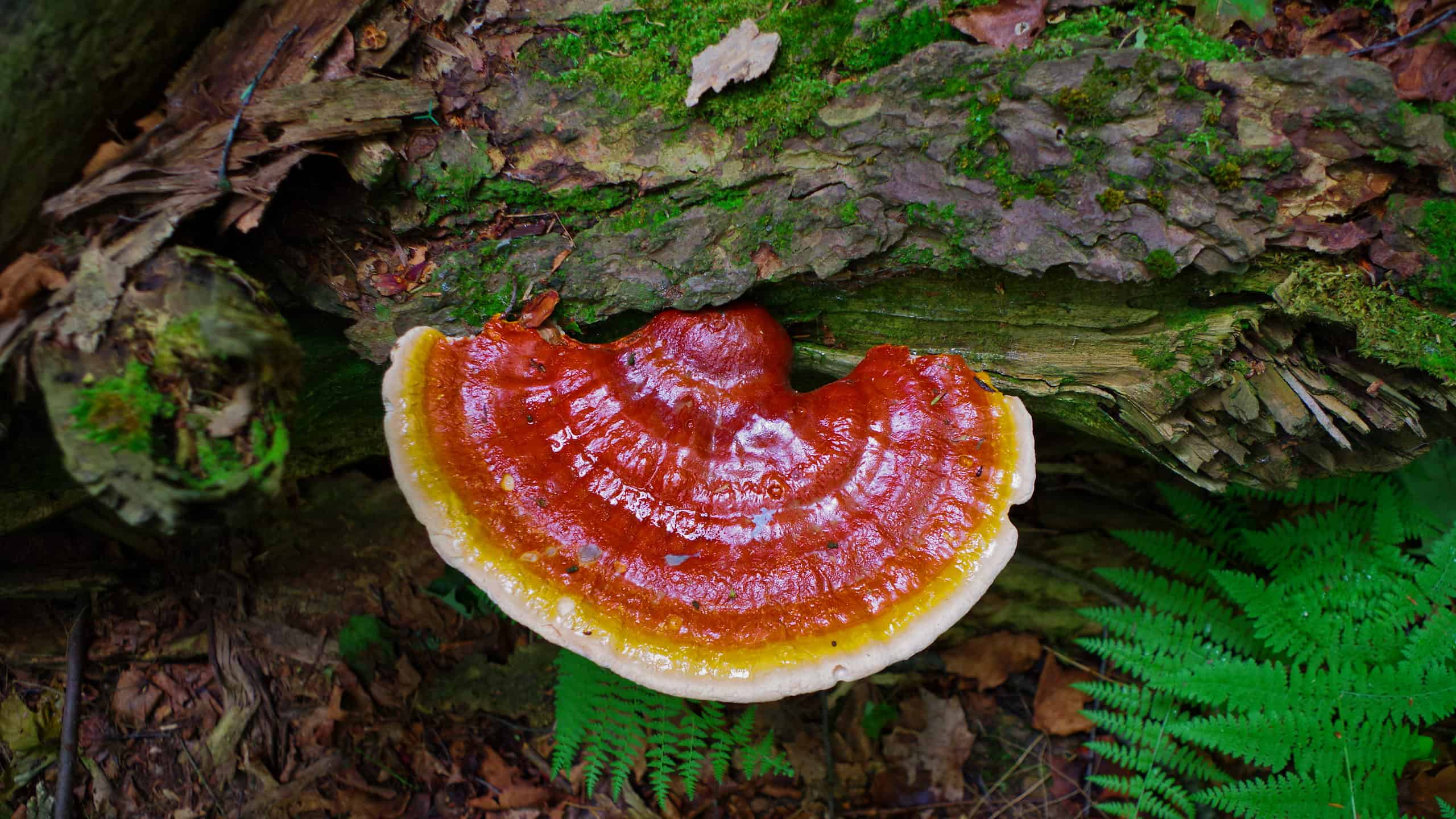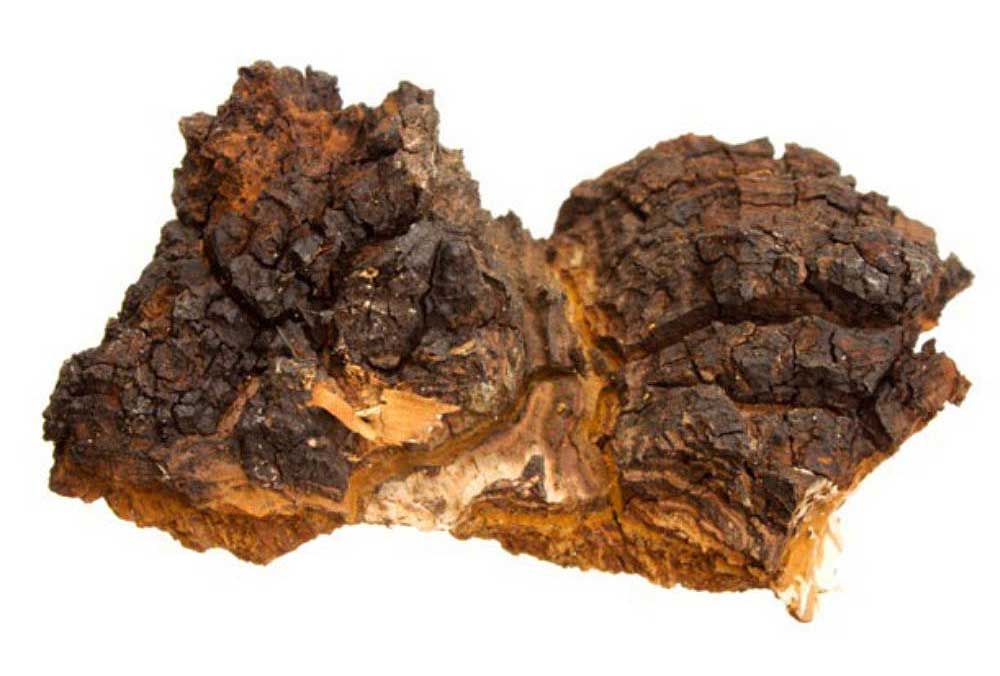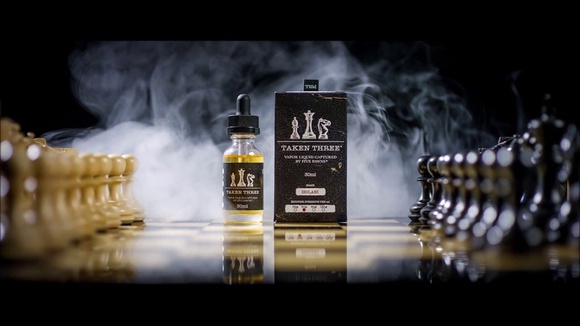
The Comprehensive Guide to the Benefits of Reishi Functional Mushrooms
introduction
Functional mushrooms have gained significant popularity in recent years due to their remarkable health benefits and adaptogenic properties. Among the many types of functional mushrooms, Reishi, scientifically known as Ganoderma lucidum, stands out as one of the most revered and extensively studied varieties. Reishi mushrooms have a long history of use in traditional Chinese and Japanese medicine and are renowned for their potential to enhance overall well-being. In this comprehensive guide, we will delve into the numerous benefits of Reishi functional mushrooms, exploring their historical background, chemical composition, potential health advantages, and ways to incorporate them into your daily routine.
Historical Background
Reishi mushrooms, also referred to as Lingzhi in China and Reishi in Japan, have a rich cultural and historical significance in both traditional Chinese and Japanese medicine. They have been used for over two thousand years in Asia and were traditionally reserved for emperors and royalty due to their rarity and believed healing properties. In ancient texts, Reishi was often referred to as the “Mushroom of Immortality” or “Herb of Spiritual Potency” due to its association with longevity and vitality. These mushrooms were thought to promote spiritual growth, longevity, and overall health, making them a treasured component of ancient herbal medicine.
Chemical Composition
The medicinal properties of Reishi mushrooms are attributed to their intricate chemical composition. Reishi mushrooms contain a wide array of bioactive compounds, including:
- Polysaccharides: These complex carbohydrates are believed to have immune-boosting properties. They stimulate the production of white blood cells and enhance the body’s ability to fight infections.
- Triterpenoids: Triterpenoids are responsible for the bitter taste of Reishi and are believed to have anti-inflammatory and antioxidant properties. They can also support liver health and reduce cholesterol levels.
- Ganoderic acids: These unique compounds have been studied for their potential in preventing the growth of cancer cells. They may also help regulate blood pressure and reduce allergies.
- Adenosine: Adenosine is known for its calming and stress-reducing effects. It can promote better sleep and reduce anxiety.
- Ergosterol: This precursor to vitamin D is found in Reishi and can contribute to overall health and well-being.
Amino acids, vitamins, and minerals: Reishi mushrooms are a good source of essential nutrients that support overall health.
Potential Health Benefits
The benefits of Reishi functional mushrooms extend to a wide range of health-related issues and well-being enhancement. Here are some of the potential advantages of incorporating Reishi into your diet and lifestyle
- Immune System Support: Reishi mushrooms are known for their immunomodulating effects. They can help regulate and strengthen the immune system, making the body more resilient to infections and diseases. The polysaccharides in Reishi play a crucial role in enhancing immune function by stimulating the production of immune cells.
- Anti-Inflammatory Properties: Reishi mushrooms contain triterpenoids, which have been shown to have potent anti-inflammatory effects. This makes Reishi a valuable addition for those looking to manage chronic inflammation and associated conditions.
- Antioxidant Protection: The triterpenoids and other compounds found in Reishi have antioxidant properties, which can help protect the body from oxidative stress. Reducing oxidative stress is essential for maintaining overall health and preventing chronic diseases.
- Stress Reduction and Sleep Improvement: Reishi mushrooms contain adenosine, a compound that can have a calming effect on the nervous system. This can help reduce stress, anxiety, and promote better sleep, making Reishi a valuable ally in managing modern-day stressors.
- Liver Health: Reishi has been shown to support liver function, making it potentially beneficial for individuals with liver conditions. The ganoderic acids in Reishi have hepatoprotective effects, helping to detoxify the liver and maintain its health.
- Cancer Prevention and Support: Some studies suggest that Reishi mushrooms may have anti-cancer properties. The ganoderic acids in Reishi have been investigated for their potential to inhibit the growth of cancer cells and enhance the body’s natural defenses against cancer.
- Cardiovascular Health: Reishi mushrooms may contribute to heart health by helping to reduce cholesterol levels, regulate blood pressure, and improve blood circulation. These benefits can contribute to a lower risk of heart disease.
- Respiratory Health: Reishi has been used traditionally to support respiratory health and alleviate symptoms of conditions like asthma and allergies. Its anti-inflammatory properties may help reduce airway inflammation.
- Anti-Aging and Longevity: Reishi’s historical association with longevity is not unfounded. Its antioxidant properties, immune-boosting effects, and potential to reduce the risk of chronic diseases can collectively contribute to a longer, healthier life.
- Mood Enhancement: Reishi’s calming effects can lead to improved mood and reduced anxiety. It may also have a positive impact on cognitive function and overall mental well-being.
How to Incorporate Reishi Into Your Routine
Reishi mushrooms are available in various forms, making it easy to incorporate them into your daily routine. Here are some popular ways to use Reishi
- Reishi Mushroom Supplements: Reishi supplements are available in various forms, such as capsules, powders, and tinctures. These provide a convenient way to get a consistent dosage of Reishi’s beneficial compounds.
- Reishi Tea: Reishi tea is made by steeping dried Reishi slices in hot water. It offers a pleasant and earthy flavor and is a soothing way to enjoy the mushroom’s benefits.
- Reishi Extracts: Liquid extracts of Reishi are concentrated forms of the mushroom’s active compounds. They can be added to beverages or taken directly for a quick dose of Reishi’s health-promoting properties.
- Reishi Powder: Reishi powder can be added to smoothies, soups, or other recipes. It provides a versatile way to enjoy the benefits of Reishi in your meals.
- Reishi Coffee: Some coffee blends incorporate Reishi powder, combining the energy boost of caffeine with the calming effects of Reishi.
- Reishi Capsules: If the taste of Reishi is not to your liking, capsules provide a tasteless and convenient option for supplementing with this functional mushroom.
Potential Side Effects and Precautions
While Reishi mushrooms offer numerous health benefits, it’s essential to be aware of potential side effects and precautions
- Allergic Reactions: Some individuals may be allergic to Reishi mushrooms. If you experience any allergic symptoms like rashes, itching, or difficulty breathing, discontinue use and seek medical attention.
- Blood Thinning: Reishi can have mild blood-thinning effects, so people taking blood-thinning medications should consult their healthcare provider before using Reishi supplements.
- Low Blood Pressure: Reishi can help regulate blood pressure, which may lead to lower blood pressure levels. If you have low blood pressure, be cautious when using Reishi, and consult your healthcare provider.
- Interactions with Medications: Reishi may interact with certain medications, such as blood pressure medications, antiplatelet drugs, and anticoagulants. Consult with a healthcare professional if you are taking any medications.
Digestive Upset: Some
individuals may experience digestive discomfort, such as bloating or diarrhea, when consuming Reishi. If this occurs, reduce the dosage or discontinue use.
- Pregnancy and Breastfeeding: Limited research is available on the safety of Reishi during pregnancy and breastfeeding. It’s generally advisable for pregnant and breastfeeding women to avoid Reishi supplements to err on the side of caution.
- Autoimmune Diseases: Reishi’s immune-boosting properties may not be suitable for individuals with autoimmune diseases. Consult with a healthcare professional before incorporating Reishi into your routine if you have an autoimmune condition.
- Potential Detoxification Reactions: Some people may experience mild detoxification reactions when first starting Reishi supplementation, such as mild headaches or mild flu-like symptoms. This is often a sign that the body is adjusting to the mushroom’s effects, and these symptoms typically subside after a short period.
It’s crucial to remember that Reishi should be used as a complementary approach to a healthy lifestyle and not as a sole remedy for medical conditions. If you have specific health concerns or are taking medications, it’s advisable to consult with a healthcare professional before adding Reishi to your routine.
Conclusion
Reishi functional mushrooms have an impressive array of potential health benefits, rooted in their rich history and intricate chemical composition. From immune system support and anti-inflammatory properties to stress reduction and potential anti-cancer effects, Reishi mushrooms offer a broad spectrum of advantages that can enhance your overall well-being. However, it’s essential to use Reishi responsibly, with an awareness of potential side effects and precautions, especially if you have specific medical conditions or are taking medications.
Incorporating Reishi into your daily routine can be as simple as adding Reishi supplements, tea, extracts, or powders to your diet. Whether you choose to enjoy its benefits in your morning beverage, as a supplement, or as a soothing tea, Reishi offers a versatile way to experience its advantages.
Monika Wassermann is a doctor and a freelance writer based in the UK who lives with her cat Buddy. She writes across several verticals, including life, health, sex and love, relationships and fitness. Her three great loves are Victorian novels, Lebanese cuisine, and vintage markets. When she’s not writing, you can find her trying to meditate more, weightlifting, or wandering around in town.
[email protected]
- CBD Tincture Taste Test: My Fun Journey with Just CBD’s Top Picks - August 1, 2024
- Comprehensive Review of the Top CBD Edibles By Botany Farms - June 22, 2024
- The Comprehensive Guide to the Benefits of Reishi Functional Mushrooms - October 17, 2023


